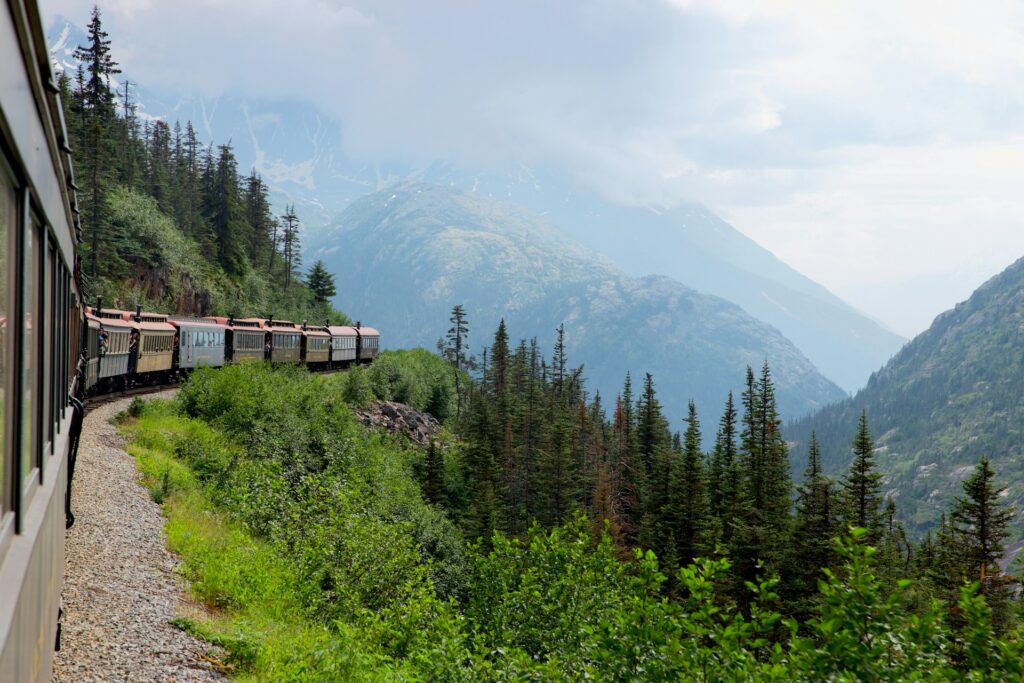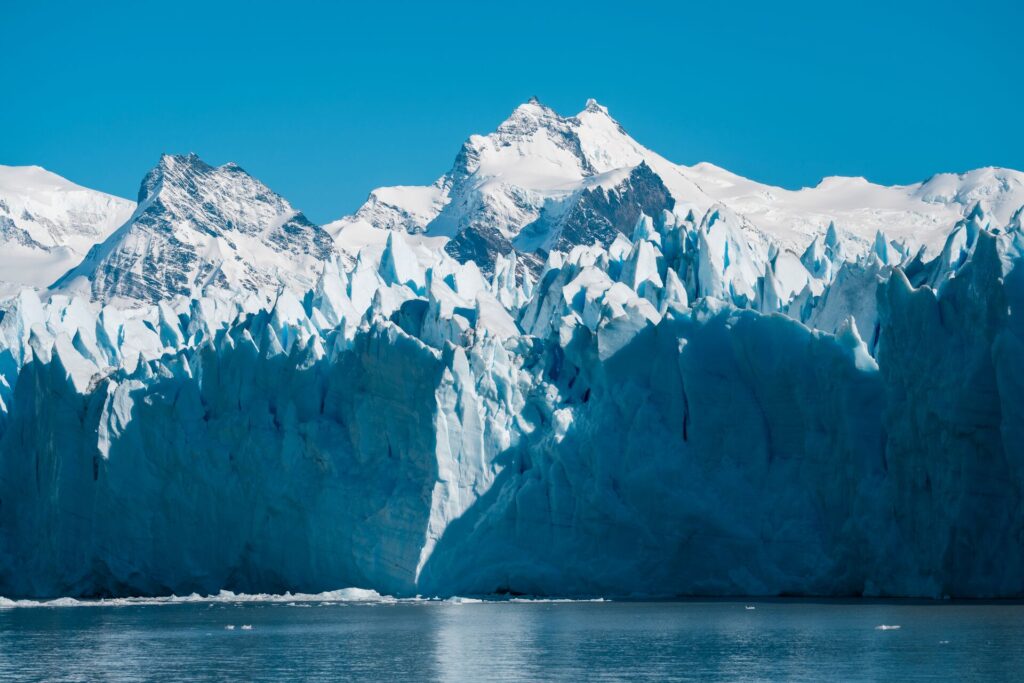11 of the Most Unique and Beautiful Cultures Around the World
The world is full of diverse cultures, each coming with its own customs, traditions, and worldviews. Through travel, we’re able to broaden our minds by seeing how others live and think differently. Take a look through some of the most unique and beautiful cultures in the world, in pictures.
You can now save up to 15%* on September departures on a selection worldwide premium tours with September on Sale.
1. The Sinhalese, Sri Lanka
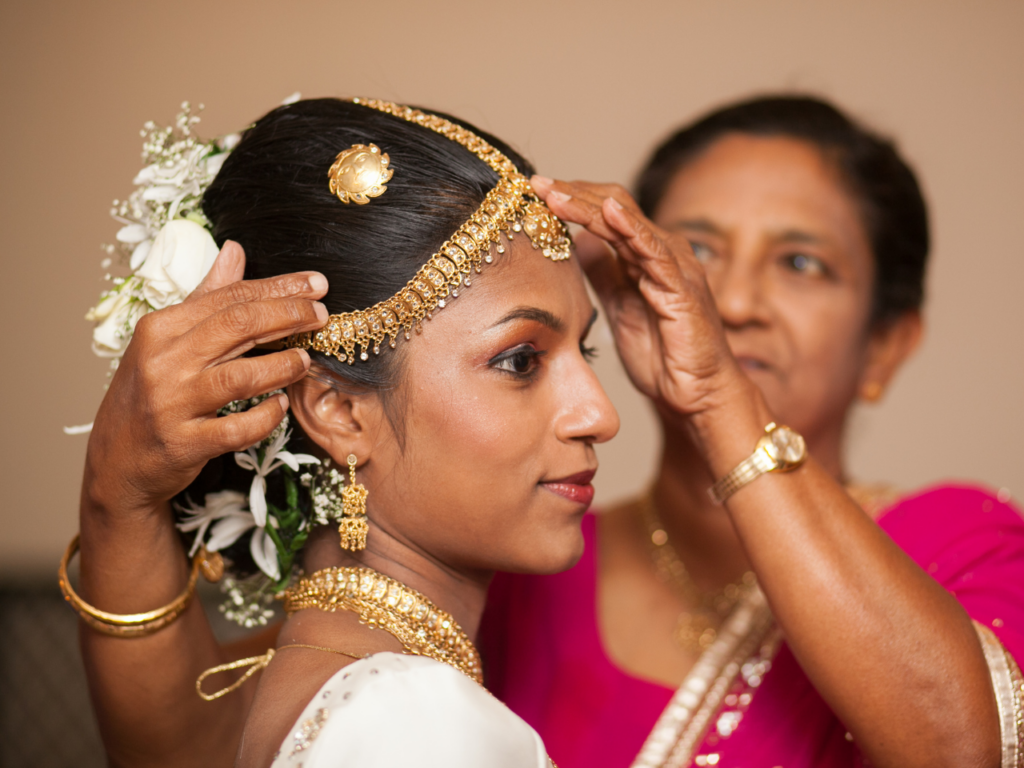
2. The Sami, Scandinavia
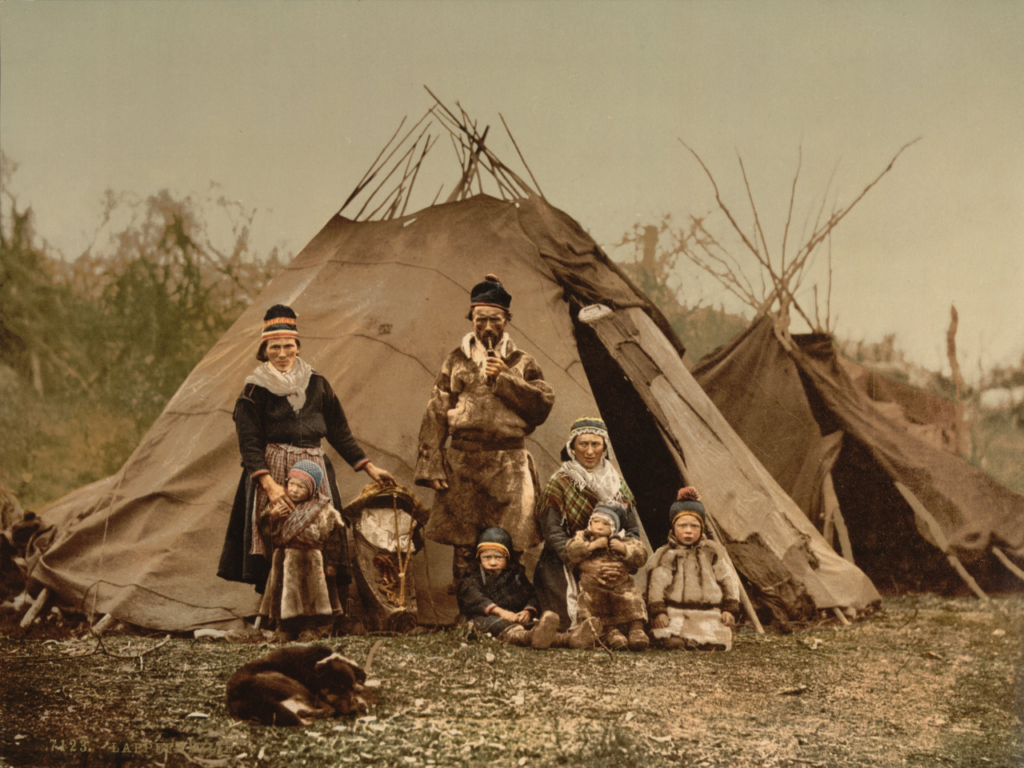
The Sami are known as the last indigenous people of Europe. Few things are as important to the Sami as the sacred reindeer, whose influence is evident in the Sami’s language, games, and songs. Their whole culture and economy circles around this Arctic deer, and they have long worked as reindeer herders. They mainly live in an area in northern Scandinavia called Sápmi.
Step into the home of a Sami family and learn about their ancient art of reindeer herding on one of our European vacation packages, like the Scandinavian heritage tour.
3. The Himba, Namibia
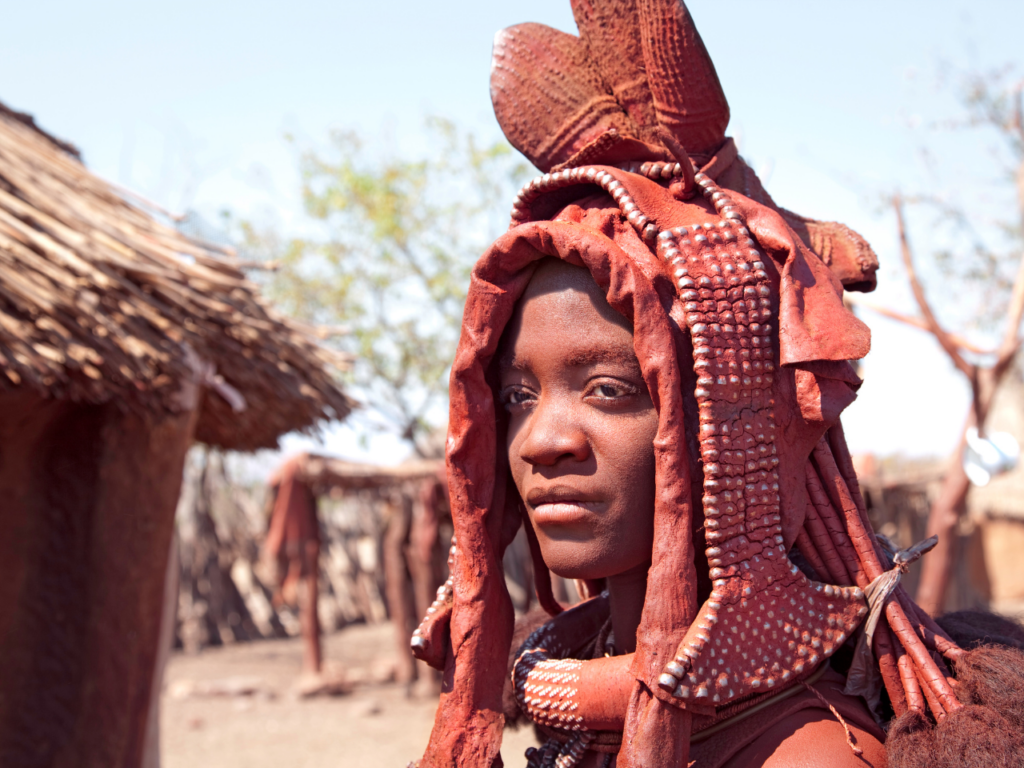
This indigenous group live primarily in Northern Namibia in a semi-nomadic, pastoralist lifestyle. They put otjize; a red paste made of butter, ochre, and aromatic resin onto their skin red and hair; wear intricate jewelery; and adorn goat-hide clothing. This tribal community have inhabited the sands of Namibia for hundreds of years, and their way of life is still preserved today as they live in remote villages apart from the rest of Namibian society.
4. The Quechua, Peru
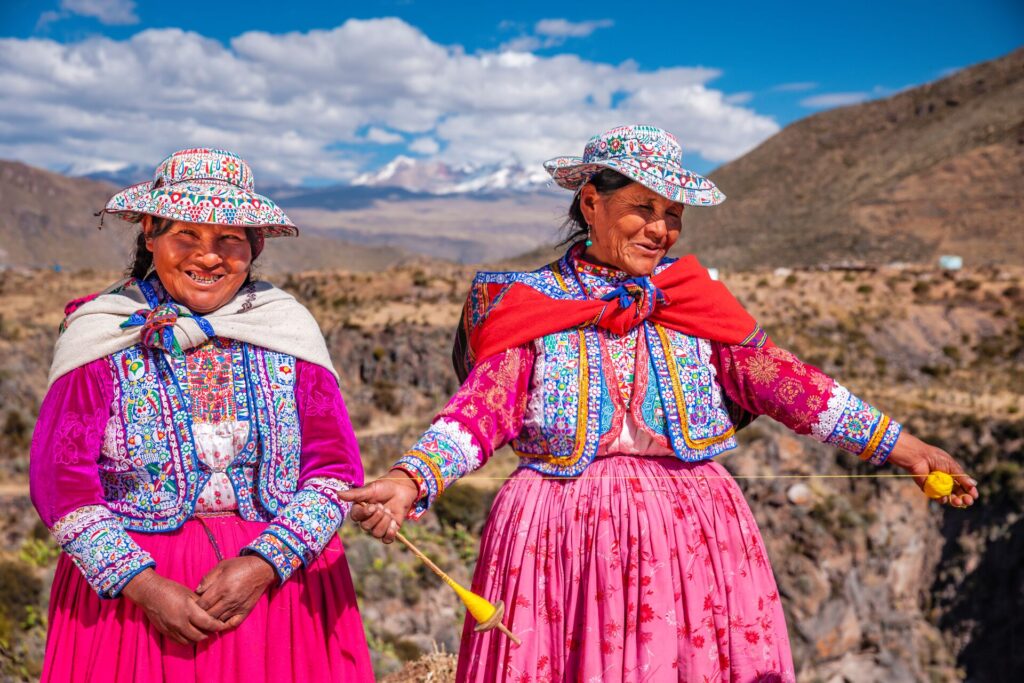
The Quechua people of the Andean highlands predate the famous Inca empire and still hold a strong sense of identity, evident from their characteristic dress and the survival of their ancient language, Quechua. While the Quechua people differ depending on region and dialect, they are most predominantly found in Peru, particularly in the Sacred Valley. Their textiles, made from natural dyes and often the wool of their trusty companion, the alpaca, are famous throughout the world for their quality and beauty. The Quechua have even been studied for their adaption to the high altitudes of the Andes, a lifestyle that has influenced their cuisine – corn, cuy (guinea pig), and Pachamanca, a traditional cooking method involving volcanic stones and an earthen pit used as an oven.
Say allianchu to the Quechua people on our South America travel packages, like the Peru-centric tour which includes Machu Picchu. As you explore the ancient sky city, you’ll also meet with Quechua weavers, where you’ll learn about their ancient textile traditions.
5. The Berbers, North Africa
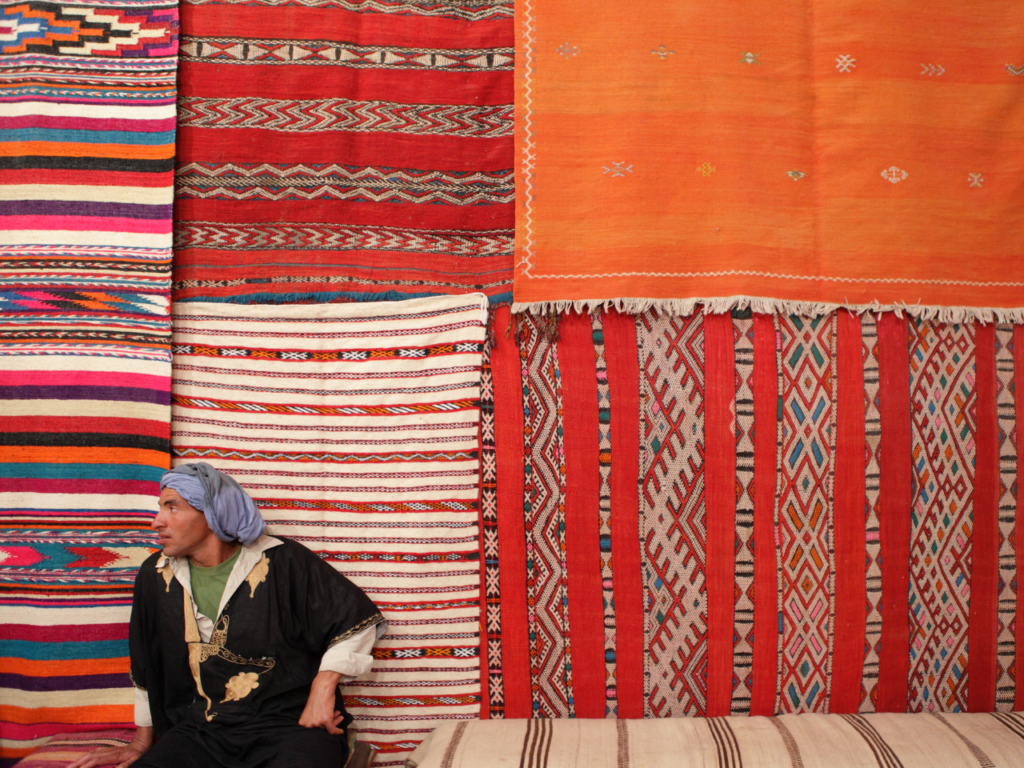
The Berbers are descendants of the pre-Arab population in North Africa, scattered across several countries but predominantly settled in Morocco. They’re famous worldwide for their artistic legacy in henna art, pottery, weaving, and design.
Drink Berber tea with locals in a traditional Nomad house in Dades Valley on the Best of Morocco tour
6. The Nubians, North Africa
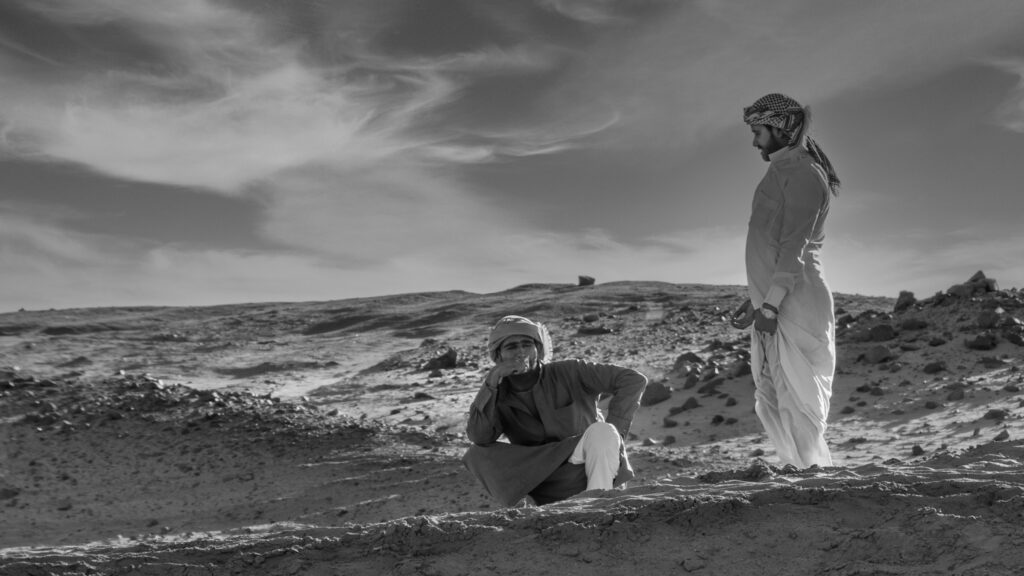
Save up to $3,000* per couple on your first Premium Tour
Plus receive latest offers, travel inspiration, and discover how your travels will make a positive impact. Together, WE MAKE TRAVEL MATTER®. Subscribe Now7. The Bedouin, North Africa, Middle East & Arabian Peninsula
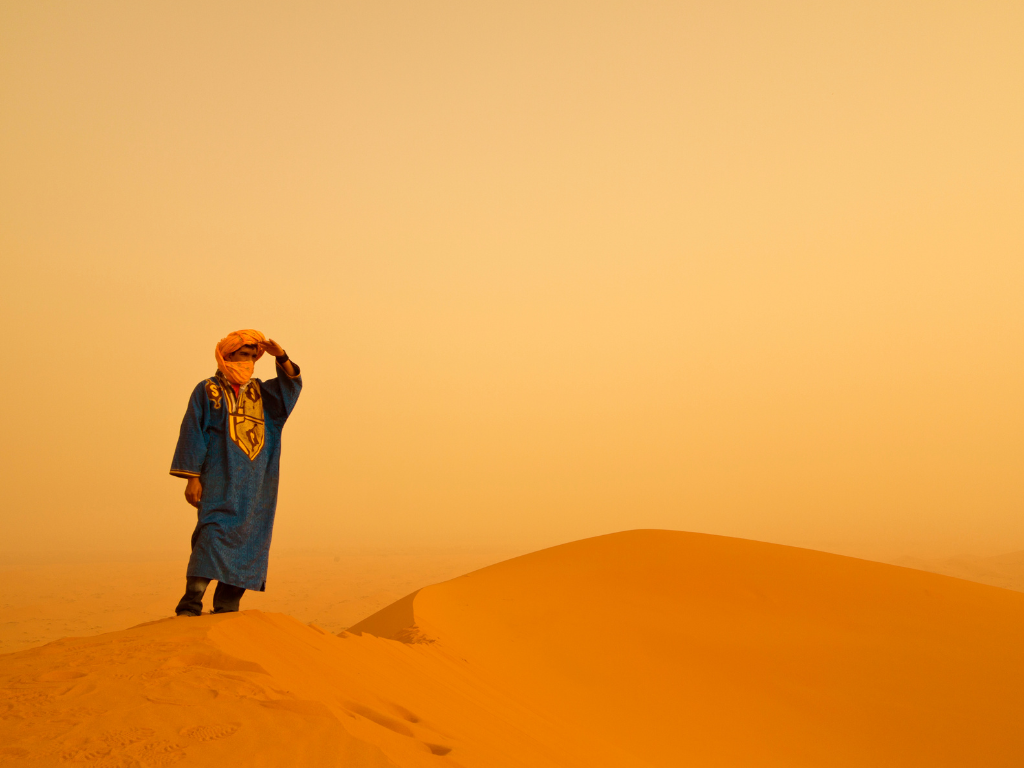
8. The Maasai, East Africa
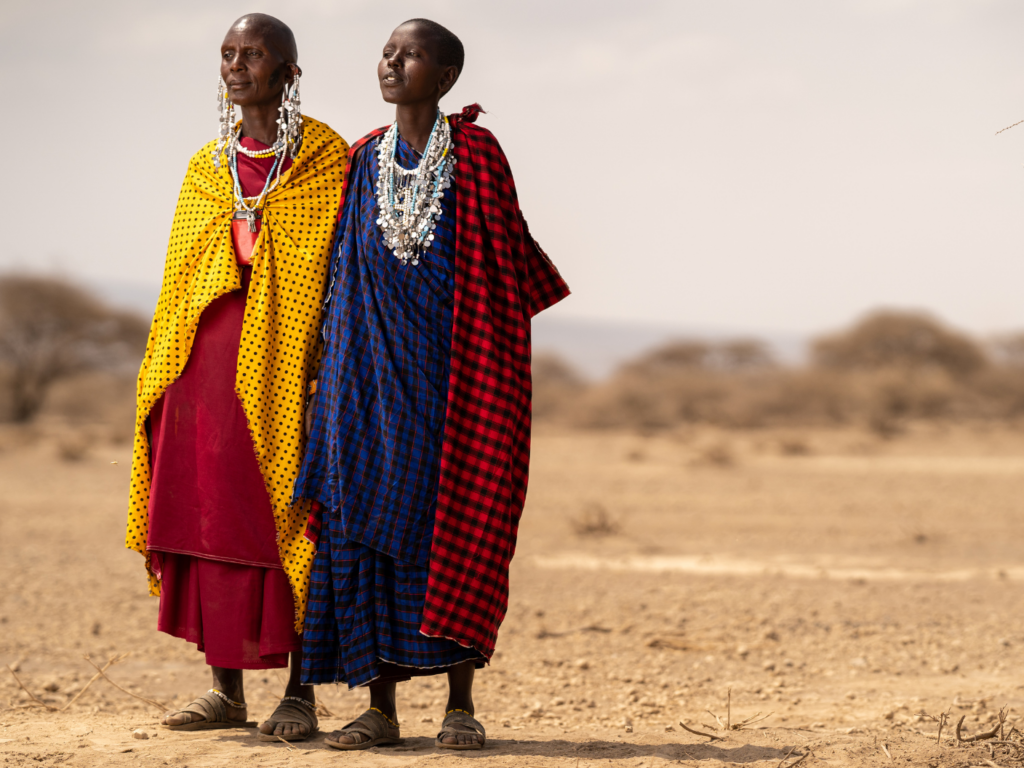
This East African tribe is one of the few that still have their traditions and lifestyle preserved today. A dominant demographic in pre-colonial times, the Maasai suffered a blow to their prevalence during European colonisation. They are known for their distinctive red tribal dress and unique musical tradition where there are no instruments, only singing and dancing. These traditions serve as a fragment of our anthropological past, still preserved yet under constant threat from modernisation.
9. The Kazakhs, Mongolia
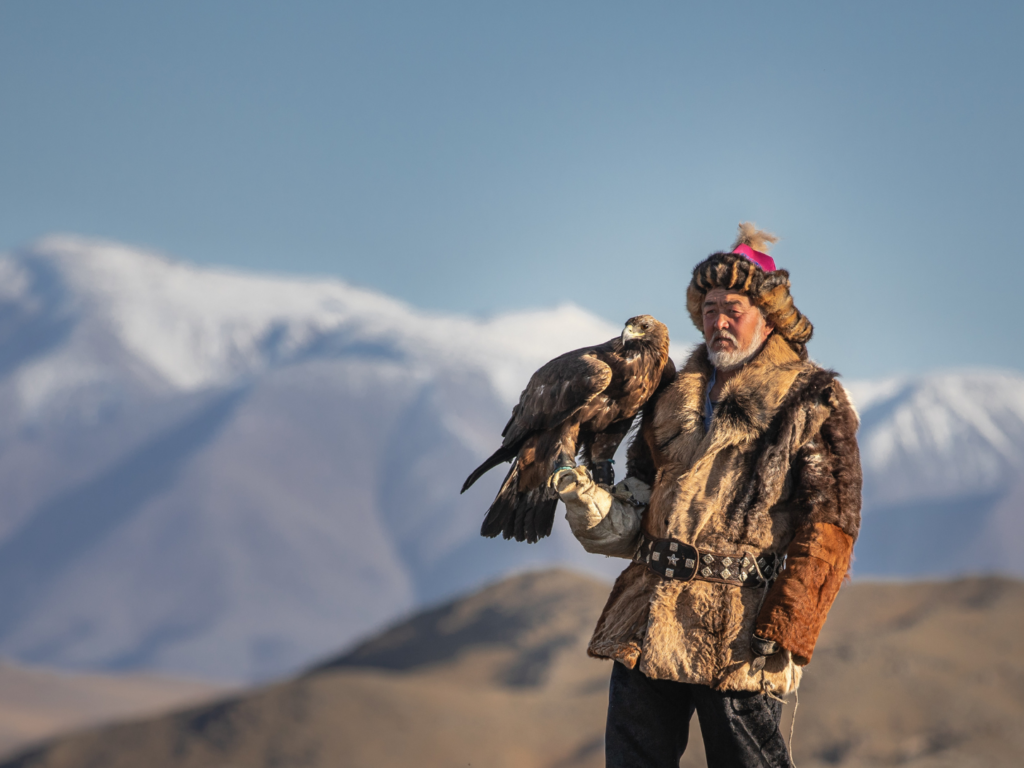
“Fine horses and fierce eagles are the wings of the Kazakh”. Descendants of ancient Turkic tribes and one of the largest minorities of Mongolia, these semi-nomadic people have a rich, distinct ethnic identity which was marred by Soviet rule, where about half of their population was killed. Their economy and culture became dependant on Russian Communism, and since the Soviet collapse, a crisis of identity. Now there is a movement to rediscover this cultural heritage, made unique by its seasonal movement, inhabitance of dome-shaped tents called yurts, fur clothing, and use of eagles for hunting.
10. The Rajasthanis, India
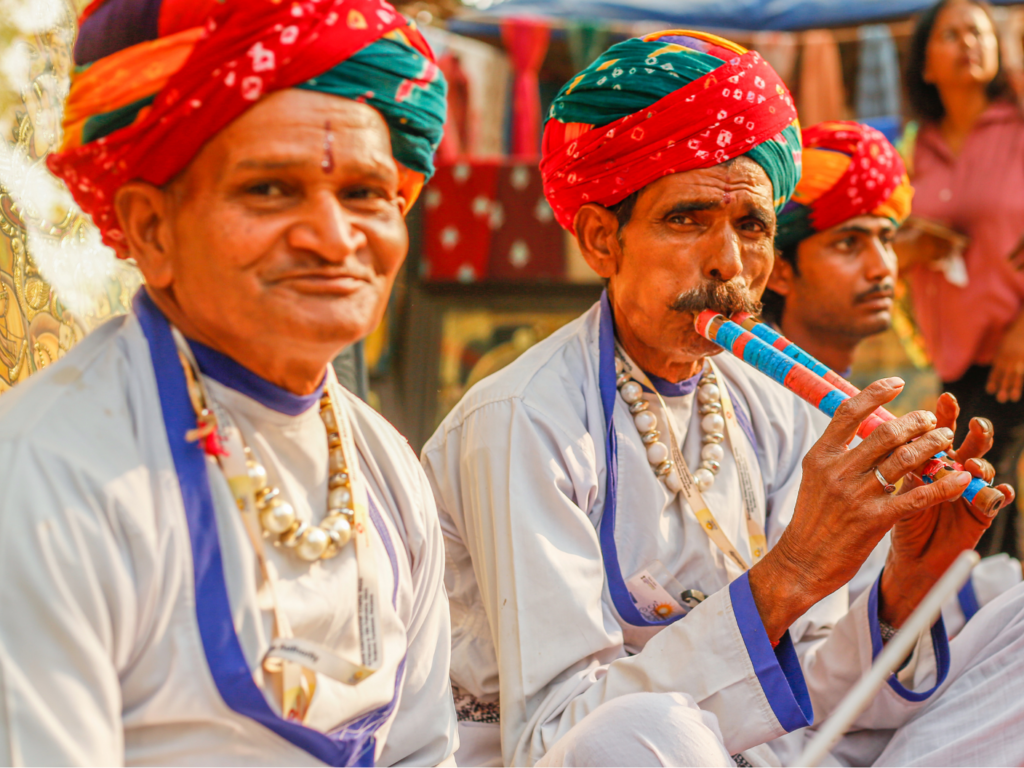
11. The Native American, USA
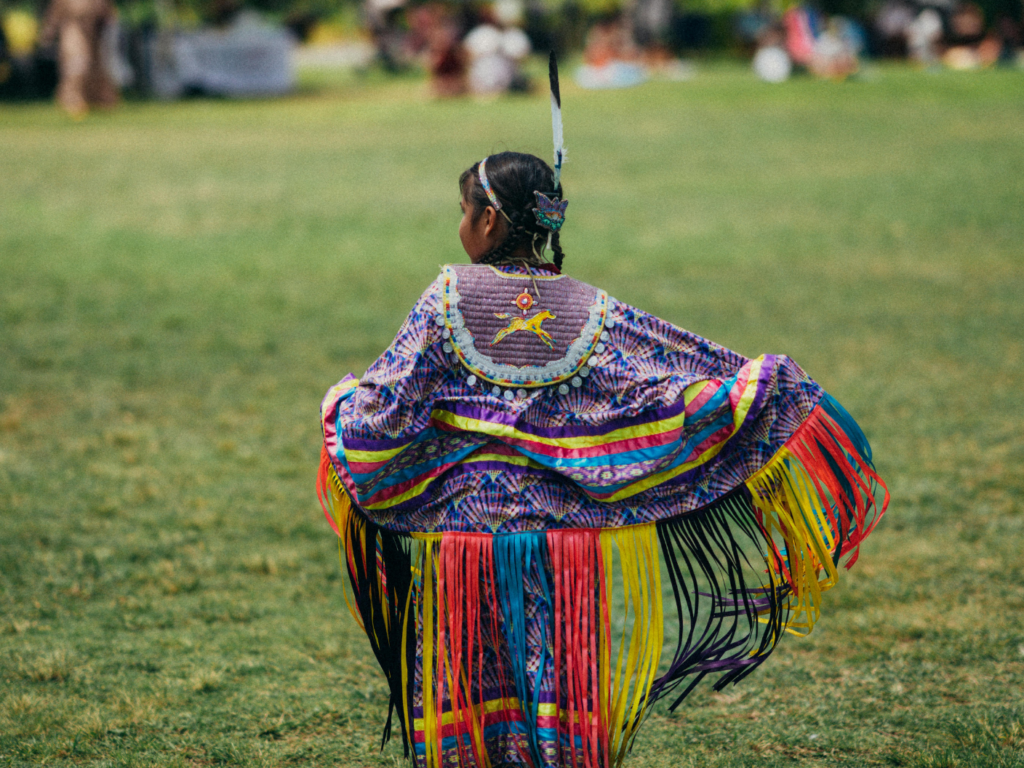
LIKED THIS POST? SHARE WITH YOUR COMMUNITY
